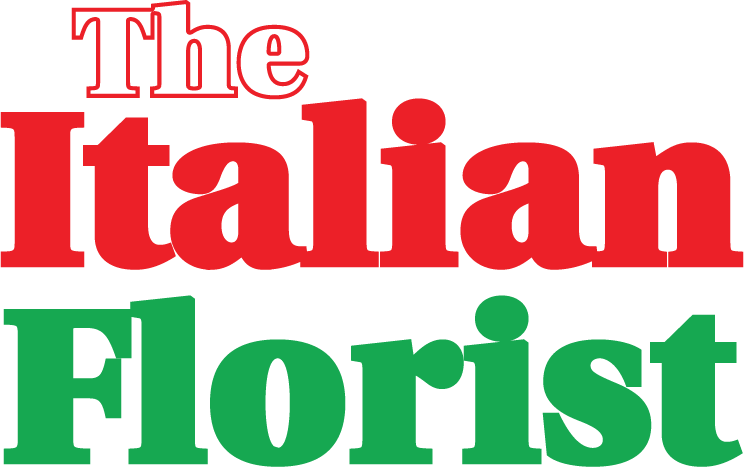Improving Wild Harvesting Practices and Transparency in the Floral Chain
Dutch flower group has made several efforts in making the floral chain more sustainable. One of the most important initiatives is the Floriculture sustainability initiative.
FSI
Floriculture Sustainability Initiative is a market-driven initiative that brings together the international stakeholders in the floriculture supply chain. A consortium of FSI members and partners has aimed to conduct research that focuses on developing a scheme for wild harvesting of plants and foliage. FSI aims to improve the harvesting practices and bring beneficial change in the sustainable production and trade of the plants and flowers.
Transparency And Improvement In The Floral Chain
The research of FSI focuses on the risks associated with the harvesting of wild harvesting floral plants. There are several areas where unsustainable practices pose a threat to the population of the flora. It is important to assess the supply chain's roadmap and devise programs to promote sustainable harvesting flowers and minimize the sustainability risk. The leading companies involved in the process are cooling, Westland Blueman Export, Adomex International, and Floral Trade Group.
Transparency in the floral chain will enable the use of best harvesting practices that will preserve the vulnerable landscape and flora. It will also impact climate change positively by carbon sequestration of carbon dioxide from the environment that is the leading greenhouse gas. A more sustainable floral chain will have benefits for the rural population where these practices mostly take place.
About the Research Project
Associate Professor David Bek and the Sustainable Production and Consumption members in the Centre for the business of Society at Coventry University, UK, are leading the research product. David Dek has a record of research previously conducted in the sustainability with the agri-commodity chains.
The research will focus on mapping sectors to assess the main areas, the products that are harvested and identify the supply chain's scale and structure. The efforts being done for sustainability are looked for in the research project and determine the gaps where improvement is needed.
Researchers will consult the related businesses and stakeholders involved in the supply chain to implement the best sustainability practices in wild harvesting. The project will be complete within three years. Research results will get analyzed at the end of the first year to plan future efforts.
Improving Wild Harvesting Practices
Wild harvesting refers to the collection of herbs, roots, and flowers from the wild. The fantastic flora is naturally grown in the purest form; it is not cultivated by utilizing the chemicals. These plants are the most nutritious and purest form. Wild harvesting is used to gather plants that have medicinal, cosmetics, and other uses.
Improving the wild harvesting practices is essential because wild plants play a role in maintaining the ecosystem.
Sustainable Harvesting
Sustainable harvesting refers to the harvesting practices that maintain a certain population of the harvested species or prevents the loss. A study conducted on the sustainable harvesting practices of wild medicinal plants in Lemnos Island, Greece, revealed that unsustainable harvesting practices are not an issue everywhere, but it is localized; the local people have tremendous knowledge about the sustainable harvest and its benefits.


